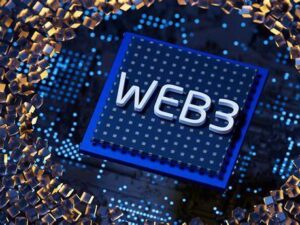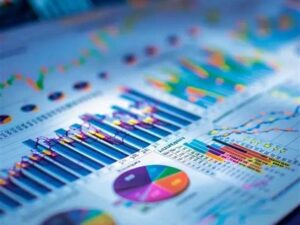Unveiling the Power of Data: A Beginner's Guide to Data Science
- Description
- Curriculum

I. Introduction:
In the digital age, data has become the new currency of the realm. Businesses, organizations, and individuals alike are recognizing the immense value that can be extracted from data. Understanding data science is no longer a luxury; it is a necessity for anyone seeking to make informed decisions and gain a competitive edge.
From data collection and cleaning to analysis and visualization, the course covers the entire data science lifecycle. Participants will learn how to extract valuable insights from raw data, identify patterns and trends, and communicate findings effectively. By mastering these essential skills, learners will be empowered to leverage data to drive innovation, optimize processes, and make data-driven decisions.
II. Course Objectives:
• Gain a foundational understanding of data science concepts, including data collection, cleaning, analysis, and visualization.
• Learn how to use popular data science tools and programming languages, such as Python and R.
• Develop skills in data manipulation and cleaning, including handling missing values, outliers, and inconsistencies.
• Explore various data analysis techniques, including descriptive statistics, exploratory data analysis, and hypothesis testing.
• Understand the basics of machine learning and its applications in data science.
• Develop skills in data visualization to effectively communicate insights and findings.
III. Course Highlights:
• Module 1: Data Science Fundamentals
o Explain the concept of data science and its role in decision-making.
o Explore the different stages of the data science lifecycle, from data collection to model deployment.
o Understand the importance of data quality and the need for data cleaning and preparation.
• Module 2: Data Collection and Management
o Learn how to collect data from various sources, including databases, APIs, and web scraping.
o Understand data storage and management techniques, including data warehouses and data lakes.
• Module 3:Data Cleaning and Preparation
o Develop skills in data cleaning, including handling missing values, outliers, and inconsistencies.
o Learn data transformation techniques, such as normalization and standardization.
• Module 4: Data Analysis and Visualization
o Explore descriptive statistics to summarize and understand data distributions.
o Conduct exploratory data analysis to discover patterns and insights within the data.
o Master data visualization techniques using tools like Matplotlib, Seaborn, and ggplot2 to effectively communicate findings.
• Module 5: Introduction to Machine Learning
o Understand the basics of machine learning and its applications in data science.
o Learn about different types of machine learning algorithms, including supervised, unsupervised, and reinforcement learning.
• Module 6: Ethical Considerations in Data Science
o Explore ethical issues in data science, such as data privacy, bias, and fairness.
o Understand the importance of responsible data usage and avoiding discrimination.
IV. Target Audience:
• Professionals seeking to enhance their data skills for career advancement.
• Business analysts and decision-makers who want to leverage data for better insights.
• Anyone curious about the field of data science and its applications.







